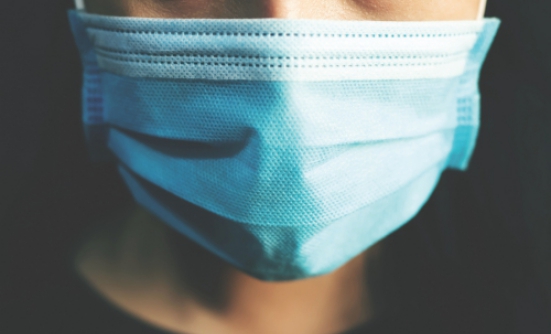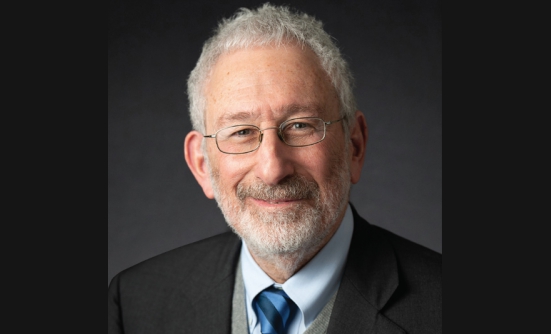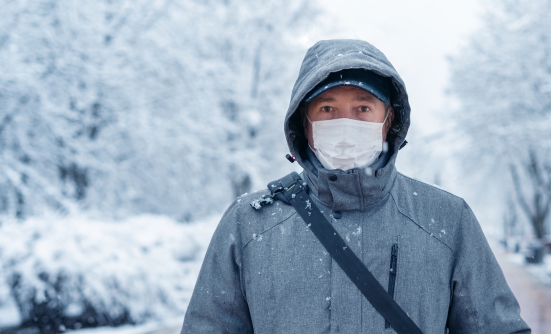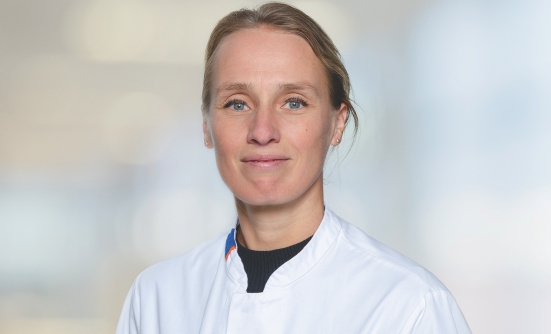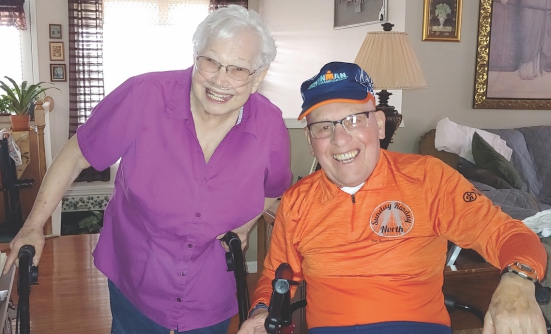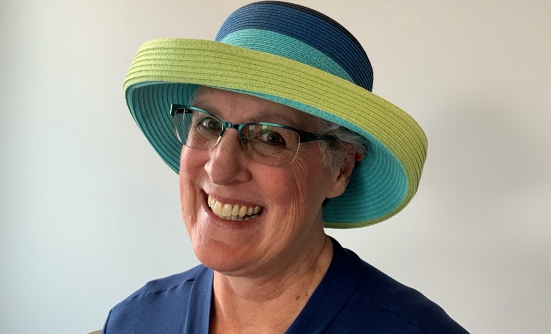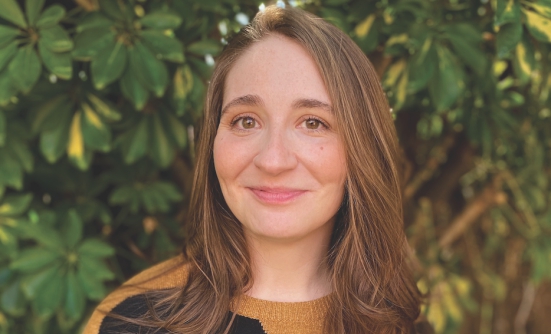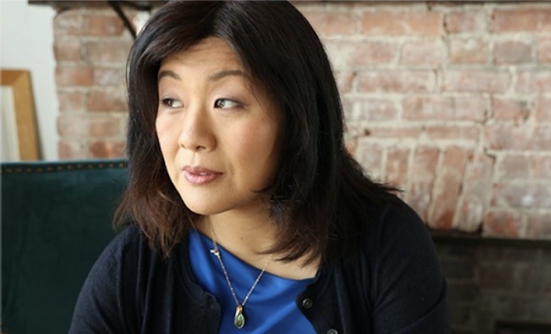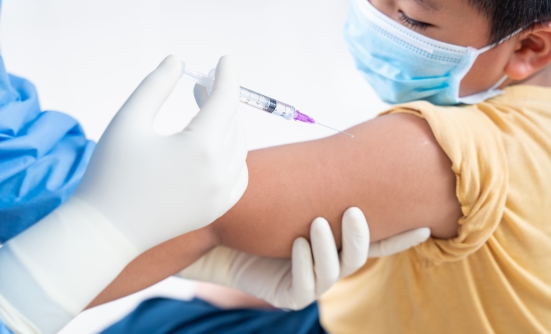The impact of COVID-19 goes far beyond the illness itself. Our lives have changed drastically by efforts made to get the new coronavirus under control, and ultimately “flatten the curve” (the curve that depicts the trend of a disease). However, another curve that is not often mentioned also requires our urgent attention, namely, the ticking time bomb that is flying under the radar, and which we call the cancer “Shadow Curve.”
The pandemic has caused far too many people either to skip cancer treatments or miss routine screenings for cancer, such as colonoscopies used to diagnose colorectal cancer; mammograms used to diagnose breast cancer; and Pap smear tests used to diagnose cervical cancer.
And although delaying imaging scans or treatments might have felt like the most prudent strategy at the beginning of the COVID-19 pandemic, available evidence now predicts that a few years from now, we may be looking back and wish we had taken a different approach.
According to the National Cancer Institute, annual screening for cancer is one of the most effective ways to detect and beat this dreaded disease, “because when abnormal tissue or cancer is found early, it may be easier to treat or cure.”1 Therefore, if Americans continue to delay cancer screenings and even cancer treatment, the result will be disastrous for individual patients, as well as for the US health system as a whole.
We now know that since the beginning of the COVID-19 pandemic, cancer screening and diagnosis are down dramatically, and predicted cancer-related deaths are increasing. In fact, a sobering study recently published in the British medical journal known as BMJ, showed that the risk of death from cancer rises approximately 10% for every 1 month of delayed care for cancer.2
Another recent study predicted an 11.9% increase in death from colorectal cancer worldwide because of delays in cancer screening resulting from the COVID-19 pandemic.3 And as far back as April 2020, the National Cancer Institute predicted an excess of 10,000 additional deaths in the United States from breast and colorectal cancers alone in the next 10 years, because of delays in cancer screening and treatment caused by the pandemic.3 Now, as we come to the end of 2020, these data are believed to be conservative.
In addition, many cancer researchers say that COVID-19 has disrupted clinical trials, because patient enrollment in clinical trials has decreased significantly since the beginning of the pandemic.4 Clinical trials are essential for the development of new cancer therapies or new combinations of cancer therapies, which help to extend patient survival.
A summary of these striking data points is provided in the Graph from Cancer Treatment Centers of America.
As COVID-19 hot spots continue to rise across the country, the problem is only being exacerbated, with COVID-19 cases monopolizing hospital beds and other resources, and patients are continuing to delay necessary cancer screenings and treatments. Now is the time to course correct.
3 Things You Can Do to Bend the Curve
Here are 3 key actions we must all take, and encourage our loved ones to take, to regain control of cancer care in our own communities, and ultimately bend the Shadow Curve:
- Schedule your cancer treatment or screening immediately. Most healthcare facilities have rigorous protocols in place to minimize exposure to the new coronavirus. The best way for people with cancer to eliminate exposure is to diagnose cancer and treat it as soon as possible, especially if you have a history of cancer in your family, or if you are age 50 or older.
- If the first treatment center you call is not available, don’t give up. With the current spikes in people diagnosed with COVID-19, some healthcare facilities are overwhelmed with patients. However, there are always other healthcare facilities, including specialty cancer centers, that can see patients within a normal time frame. So, if you are not successful the first time, don’t give up. Make a second or third phone call to schedule the cancer screening or treatment you need.
- Know your insurance benefits. In some cases, a certain treatment center may not be available within your network, and this could qualify you to go “out of network,” because of a network deficiency within your insurance plan. That means that another cancer center could be recognized as temporarily in-network, allowing you to get the care you need there. Check with your insurance provider to see if this is the case. Many cancer centers or clinics—including our cancer centers—will help patients navigate these insurance complexities.
Be Proactive
Together, we can stop the cancer Shadow Curve and save lives. By taking immediate, proactive steps in disease detection and treatment, we can reduce the possibility that illness and deaths from undiagnosed conditions, especially cancer, become more pervasive than deaths and illness from COVID-19 itself.
References
- National Cancer Institute. Cancer Screening. www.cancer.gov/about-cancer/screening.
- Hanna TP, King WD, Thibodeau S, et al. Mortality due to cancer treatment delay: systematic review and meta-analysis. BMJ. 2020;371. www.bmj.com/content/371/bmj.m4087.
- Oliver E. COVID-19 delays could increase CRC mortality by 11.9%, research says. Becker’s GI and Endoscopy Newsletter. October 14, 2020. www.beckersasc.com/gastroenterology-and-endoscopy/covid-19-delays-could-increase-crc-mortality-by-11-9-research-says.html?origin=GIE&utm_source=GIE&utm_medium=email&oly_enc_id=1461H2079334D7F.
- Sharpless NE. COVID-19 and cancer. Science. 2020;368(6497):1290. https://science.sciencemag.org/content/368/6497/1290.
Key Points
- The COVID-19 pandemic has caused far too many people to skip treatments or miss routine screenings for cancer
- Cancer screening is one of the most effective ways to detect and beat cancer, which is easier to treat when it is detected early
- The National Cancer Institute predicts 10,000 extra deaths from breast and colorectal cancers in the next 10 years because of delays in screening and treatment
- If it is time for your annual screening, or if you require cancer treatment, don’t delay these because of the pandemic
- Call soon to schedule an overdue visit or reschedule a canceled visit








